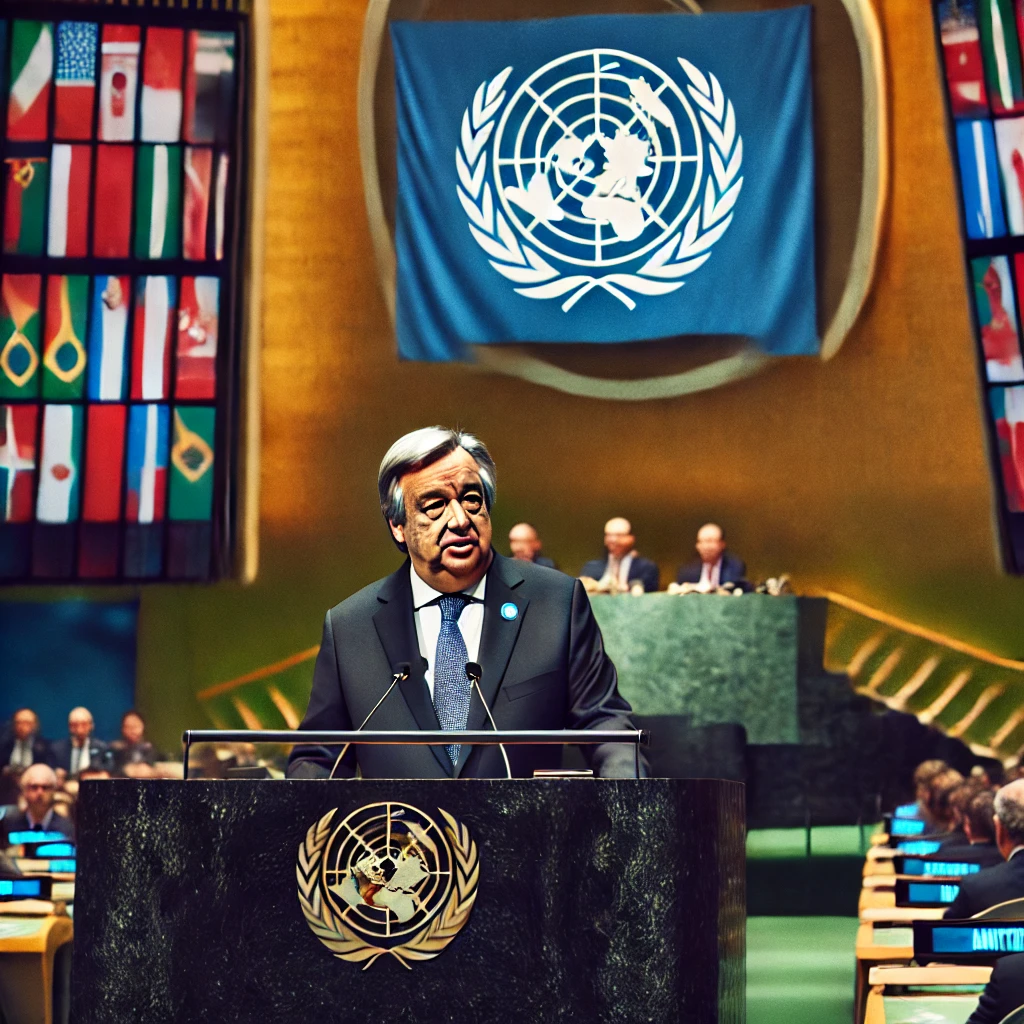In a move that further complicates global peace efforts, the Norwegian government has canceled the sale of the last privately owned land in the strategic Arctic archipelago of Svalbard to prevent its acquisition by China. This action, seen by many as a step backward for international cooperation, highlights the ongoing tension and division fueled by global superpowers.
Svalbard operates under an unusual legal framework established by the 1920 Svalbard Treaty, which recognizes Norwegian sovereignty while granting equal rights to citizens of signatory countries, including Russia and China, to exploit its mineral resources. This setup has allowed foreign entities to gain footholds in the region, with Russia maintaining a coal mining community for decades.
The property, Sore Fagerfjord, encompasses 60 square kilometers of mountains, plains, and a glacier in southwestern Svalbard. Priced at 300 million euros ($326 million), it represents the last piece of private land in the archipelago. Lawyer Per Kyllingstad, representing the sellers, noted significant interest from Chinese buyers, reflecting China’s strategic interest in the Arctic.
The Norwegian government justified its decision by citing national security concerns. Trade and Industry Minister Cecilie Myrseth argued that the sale could “challenge Norwegian legislation in Svalbard,” potentially disturbing regional stability and threatening Norwegian interests. However, critics argue that such actions contribute to a climate of distrust and division, exacerbating global tensions.
Norway’s decision has sparked a wave of reactions on social media, with many mocking the move. Comments such as “Norway Saved the World” and “Hope in future politicians gets smarter than US mind” reflect a mix of satire and frustration over the growing trend of geopolitical power plays. These reactions underscore the public’s weariness with actions that seem to prioritize national interests over global peace.
This is not the first time Norway has intervened in land sales in Svalbard. In 2016, the government paid 33.5 million euros to acquire the second-last piece of private land on the archipelago, which was also being eyed by Chinese investors. Critics point out that the current sale price is unrealistic, given the lack of infrastructure and the protected status of the land, which prohibits construction and motorized transport, thereby stripping it of commercial value.
Norway’s actions highlight a disturbing trend among powerful nations: the increasingly aggressive defense of sovereignty at the expense of international cooperation. This trend is concerning, as it raises the risk of escalating conflicts and undermines efforts toward global peace. The international community must question whether such strategies, driven by fear and suspicion, truly serve the long-term interests of humanity.
In conclusion, Norway’s decision to block the sale of Sore Fagerfjord in Svalbard to Chinese interests adds another layer of complexity to the already tense geopolitical landscape. While framed as a national security measure, this move reflects a broader pattern of division and mistrust among major powers. As social media reactions indicate, there is a growing frustration with the strategies of global superpowers, which often prioritize national interests over the collective good and peace of humanity.






